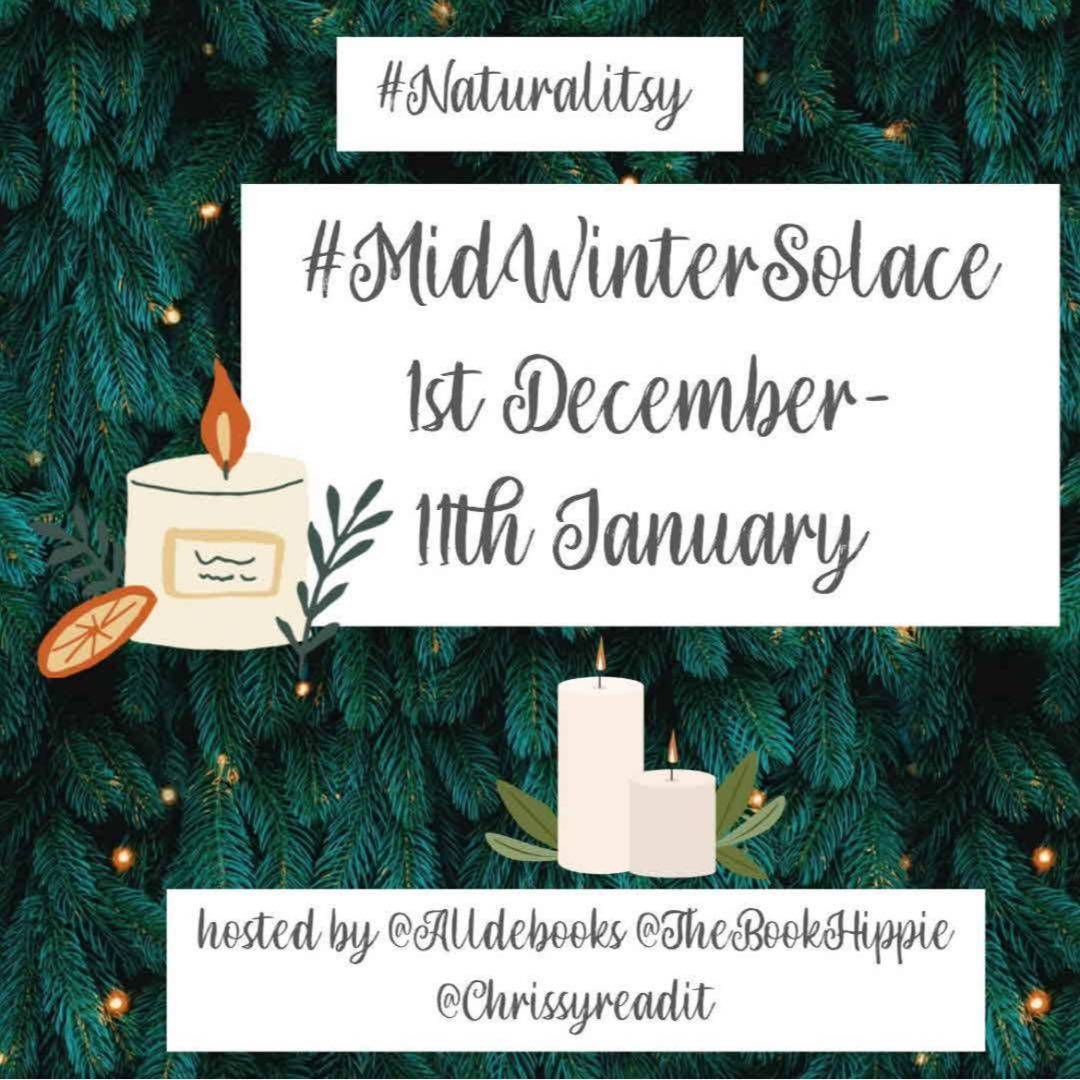
#midwintersolace is back to bring cozy and comfort into our lives.

#midwintersolace is back to bring cozy and comfort into our lives.
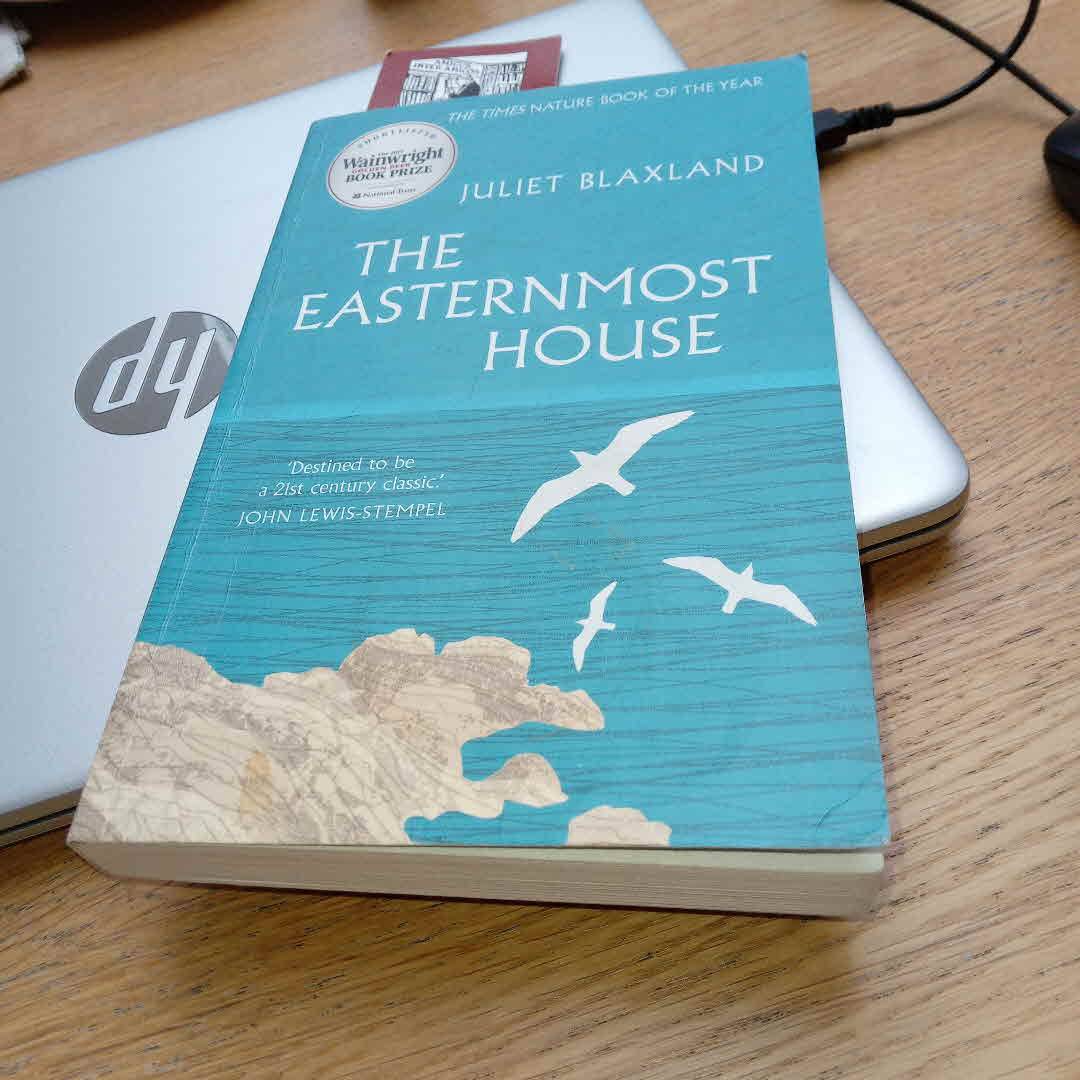
Picked this as I've stayed in that area numerous times, visiting my good friends.
Whilst the idea of this was great, I couldn't gel with this book and skimmed it...
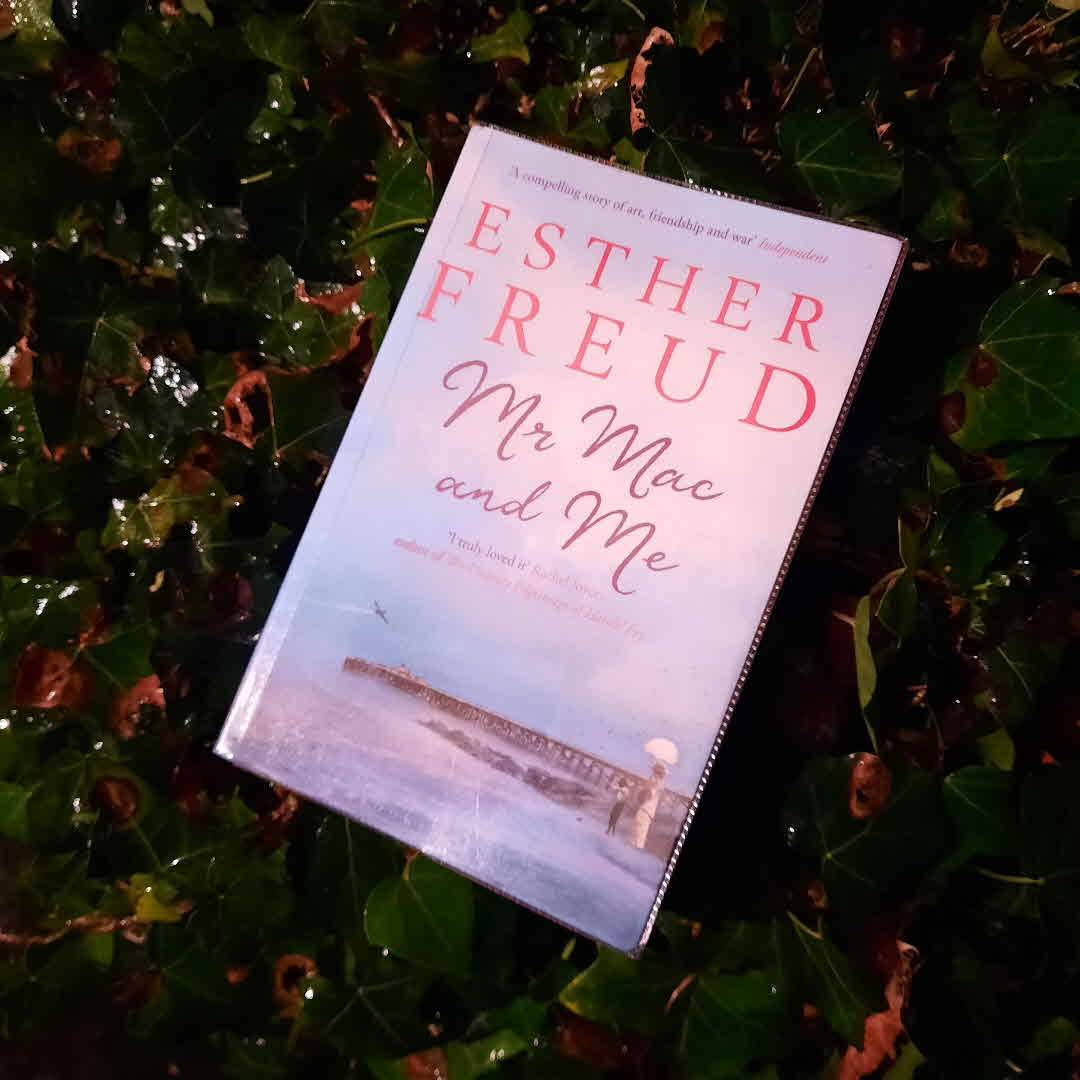
I enjoyed this story about a friendship between a teenage boy at the start of ww1 and the great artist Charles Rennie Mackintosh who, together with his wife, had moved to the Suffolk Town of Southwold. Using this nugget of truth, the author creates an imagined tale that expands to describe Tom, his family, and the inhabitants of the town. The book had me searching about Mackintosh + his artist wife Margaret as well as his subsequent arrest.
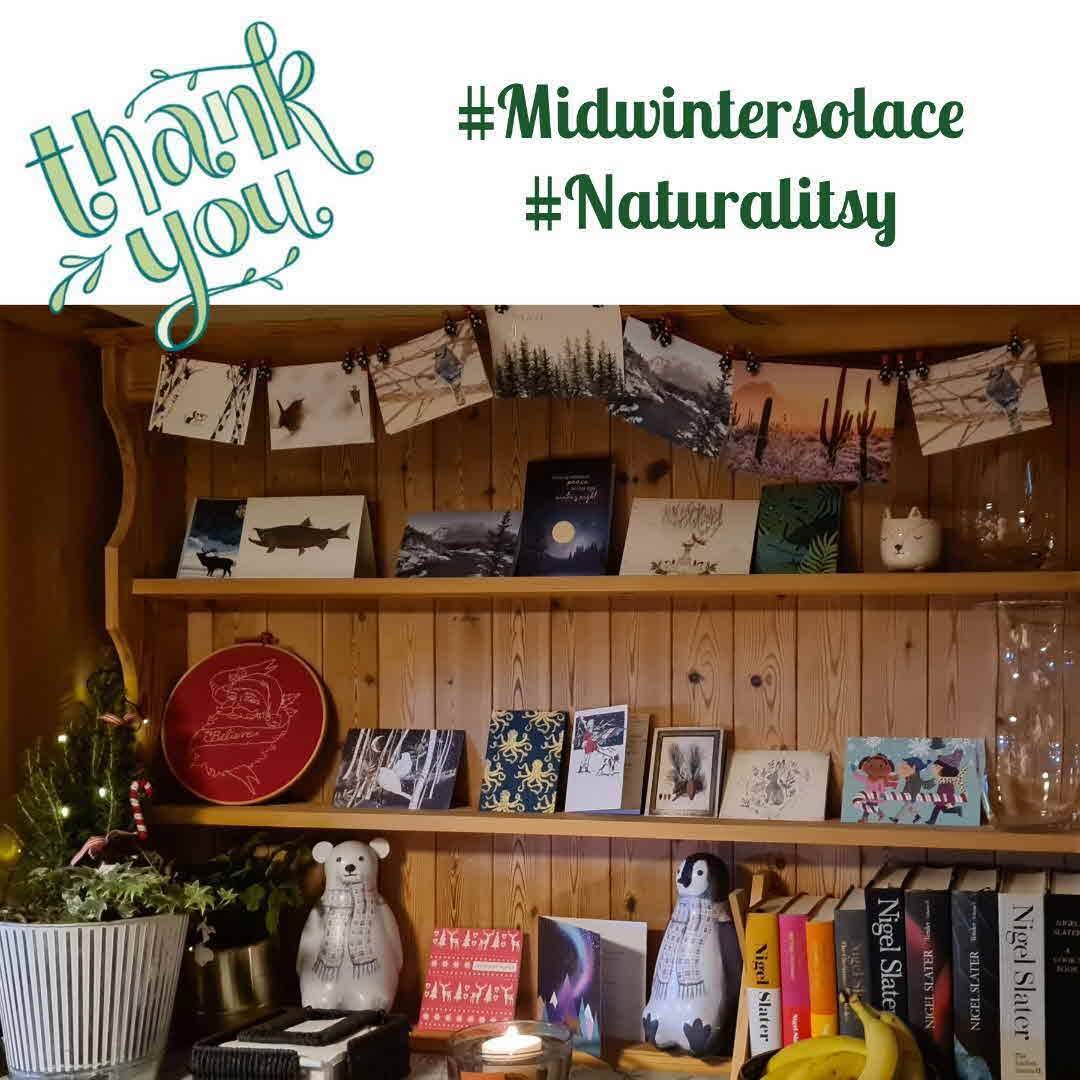
#Naturalitsy #Midwintersolace
Thank you so much for all your lovely cards, messages and gifts. These have really lifted my spirits this week. We are most definitely doing this again. I send warm wishes and much love to you and yours over the holidays.
Merry Christmas x
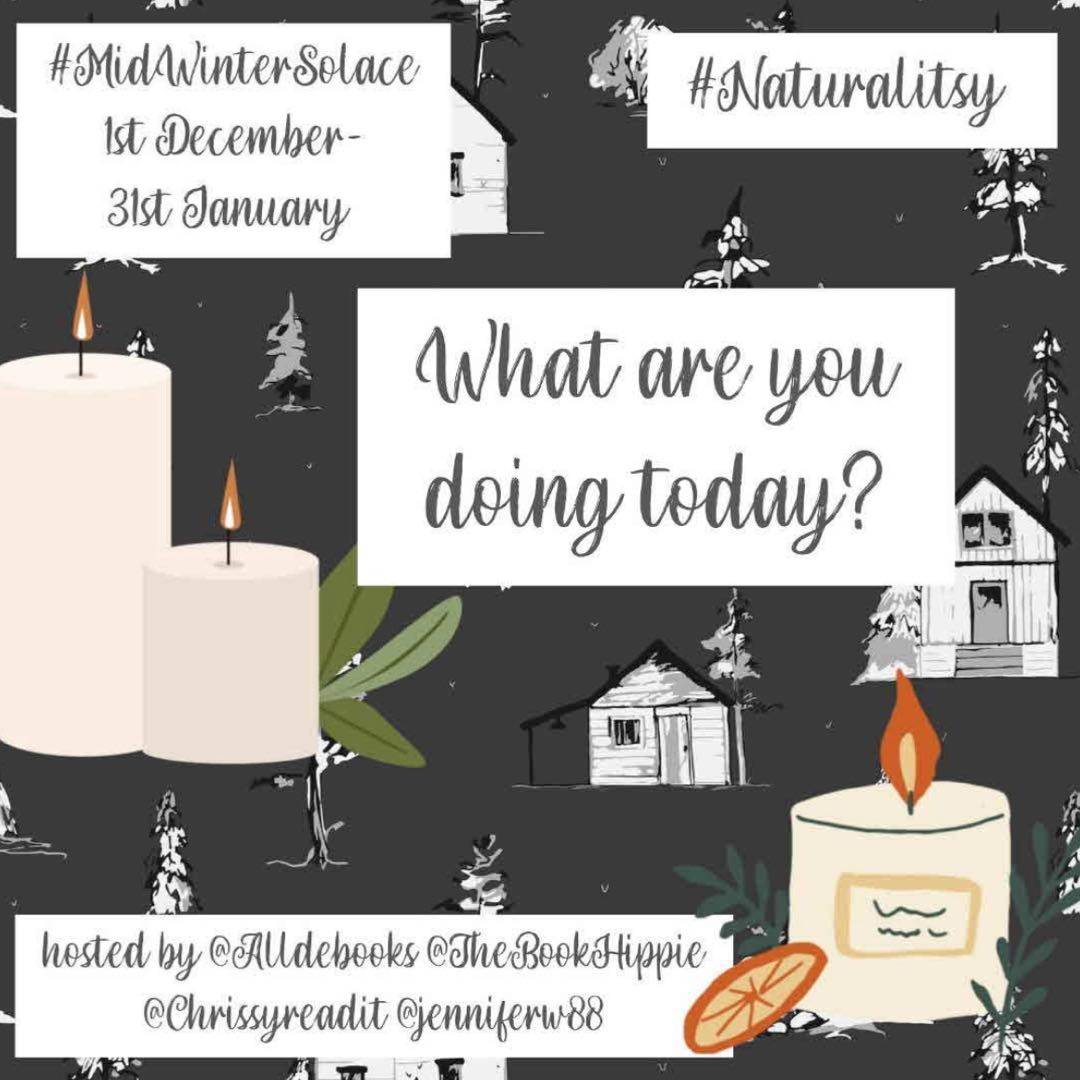
Week 1 of #midwintersolace finds me working on reflection, feeling the urge to nest and hibernate grow but having work and life on a see saw. Today I‘m working- and then getting my daughter from the airport! I‘m excited and hopeful and have more emotions than i can express.
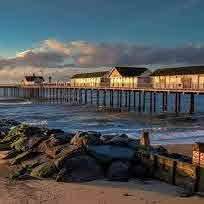
Any Littens live near Southwold, Suffolk England???
I could really use your help...
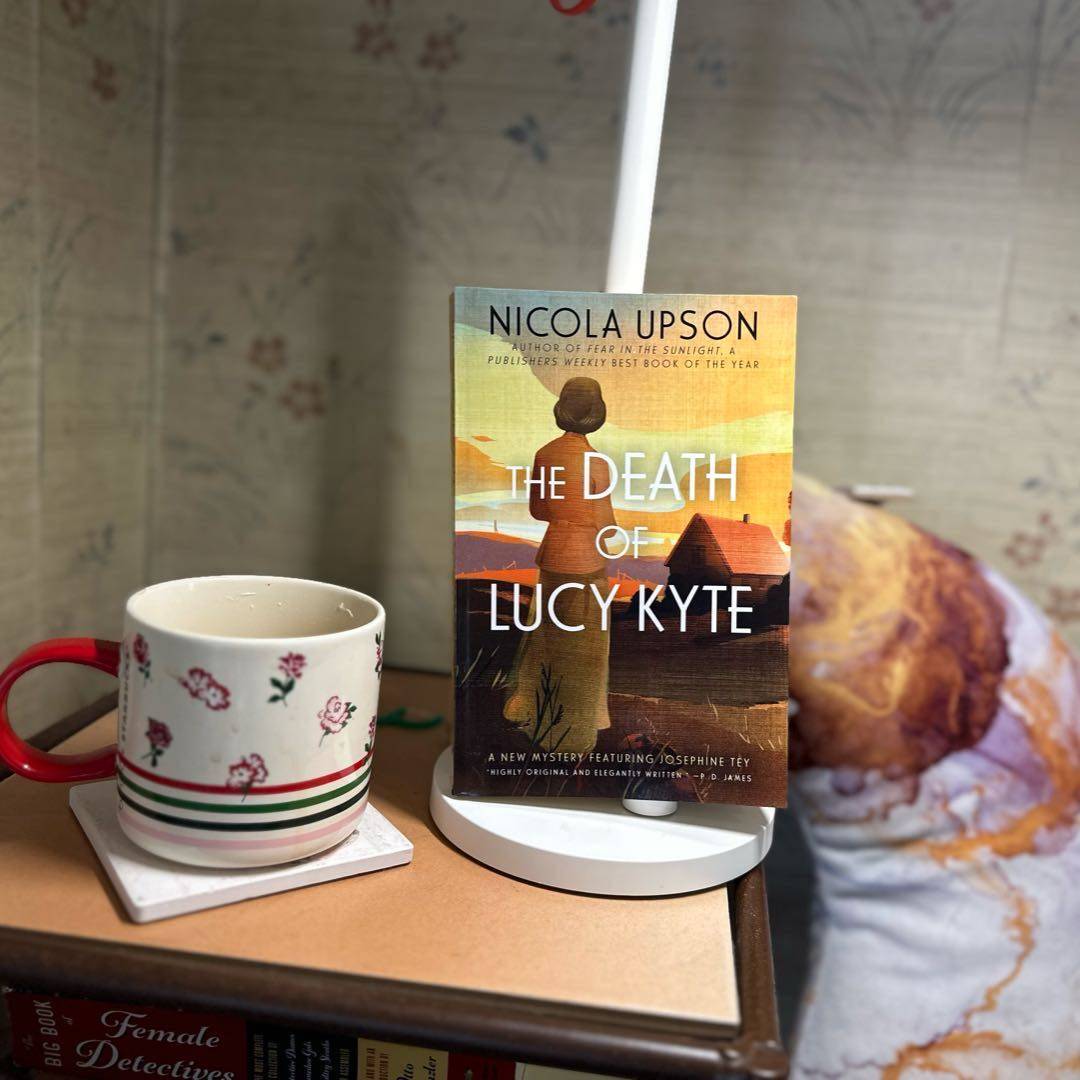
#josephinetey #tbr
#coffeendbooks #bookbeau #bean
After reading The Franchise Affair by Josephine Tey in April, I decide to pull this book featuring Josephine Tey as a sleuth. It is part of a series of her adventures. I have read 2 others over the years. #serieslove2023 #goldeagecrimeclub